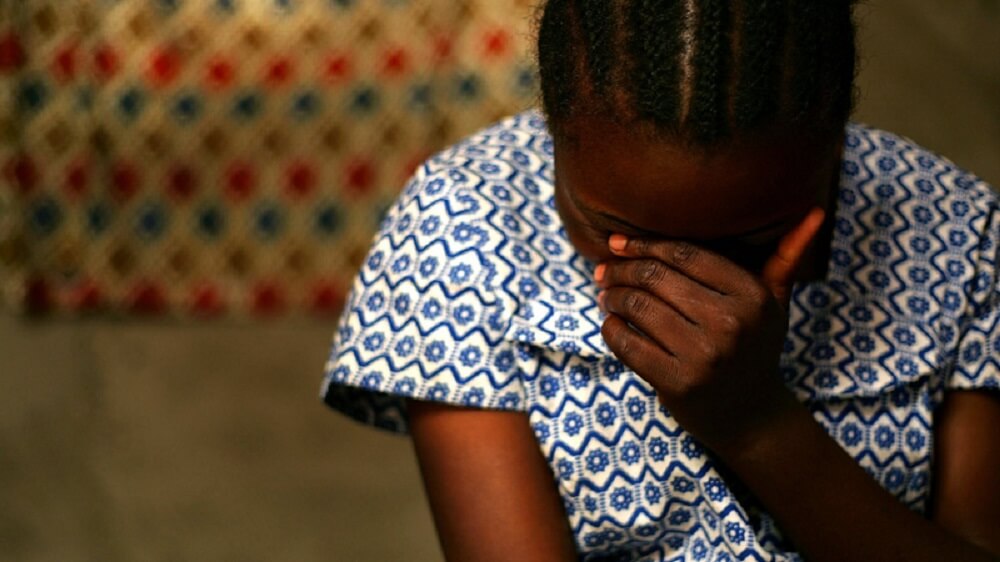The Taraba State Commissioner for Education, Johannes Jigem, has lamented during an interview with THE WHISTLER how rising cases of rape is hindering the girl-child from accessing schools outside their communities.
Jigem, who has been commissioner for education in the state since 2015, disclosed that his ministry had received several reports indicating that parents were stopping their daughters from going to schools outside their communities due to allegation of rape.
Advertisement
Responding to a question on what the state was doing to encourage girl-child education, he said Governor Darius Dickson Ishaku had done a lot but the system was facing some serious challenges.
He said: “The girl-child education is one of those areas where we’re facing challenges; we have the challenge of rape. When children move from one community to the other, they are raped, especially in places where there is crisis.
“We get reports that one community is going to attack another community because they raped their girls when they were going to school. It is a serious problem and that is why we looked at distance and decided to create new schools.
“When Governor Darius Ishaku came there were about 260 secondary schools, but now we have 305 schools. It is the same for primary schools where we now have over 2000 primary schools. He also employed 3000 teachers, and all of these have improved access to education.”
Advertisement
But despite the establishment of more schools, children in remote communities in the state still have to trek long distances to get to the nearest school, and parents in many of these places are said to be reluctant to send their girls to school to prevent rape.
Cases of rape are said to be common in Tiv and Jukum communities due to the long-standing conflict between the two ethnic groups and surrounding tribes, which has regularly led to bursts of violence.
Violent ethnic conflicts in the state and the continuing rape of school-age girls has inevitably affected enrolment in schools and pushed up the number of out-of-school children.
Official data from the state indicate that a total of 536,232 children ages between 6-14 were out of school in 2013. Out of this figure, 210,443 were girls. The state has not conducted new education census, but officials believe the figure would have tripled now.
Also, in 2014, a total of 30,418 students registered for the West Africa Senior Secondary Certificate Examination (WASSCE). But in 2019, only 11, 682 students registered for the same exam.
Advertisement
But Jigem said the state government was doing a lot to improve access and quality of education in the state, a reason it created more schools and hired more teachers. He said the state has also introduced sporting activities and musical bands in all schools to motivate children to go to school.
He said the Hope Fresh Foundation of the wife of Governor Ishaku was also doing many things to encourage education of the girl-child in the state.



